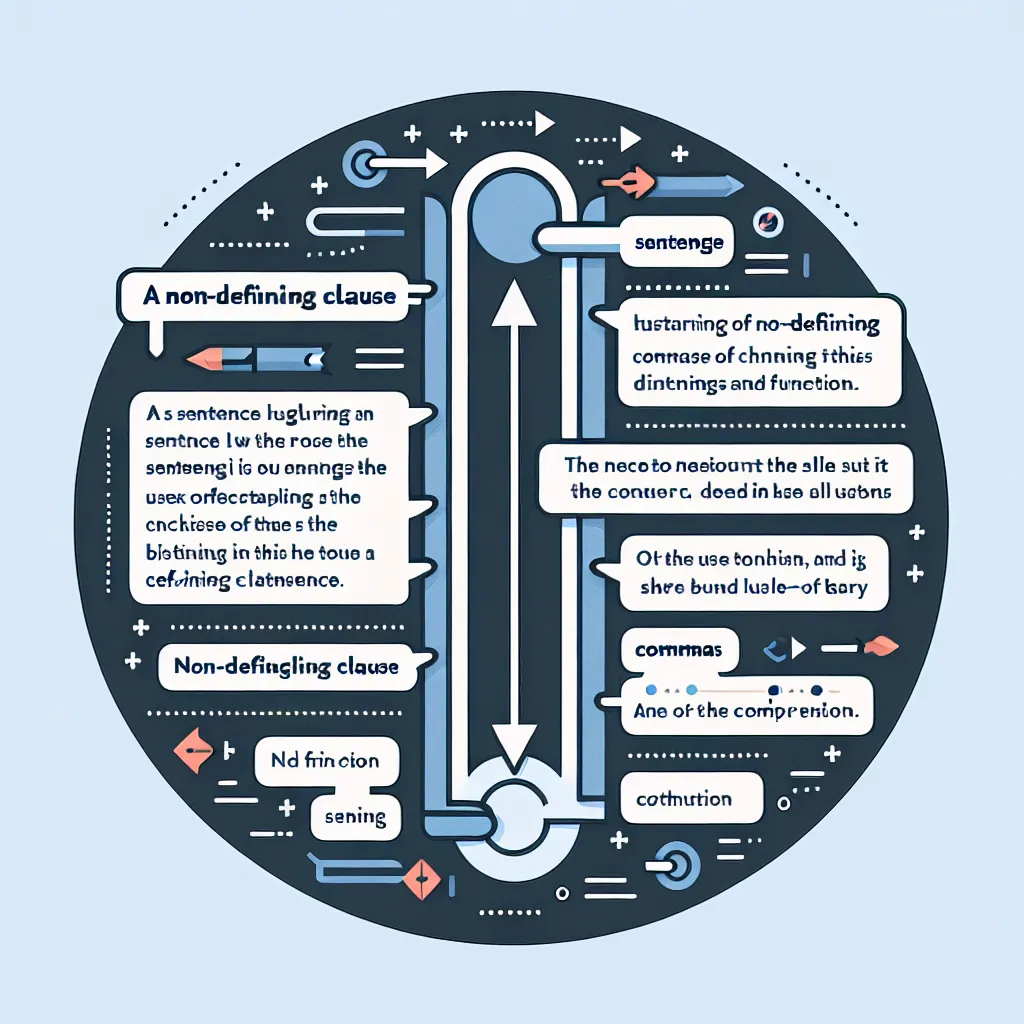Grammar can be a tricky aspect of learning English, but with the right strategies, you can navigate these challenges effectively. This comprehensive guide will help you understand common grammar pitfalls and provide practical tips to avoid them, enhancing your English proficiency.
Understanding Grammar Pitfalls
Grammar pitfalls are common mistakes that learners often make when using English. These can range from simple errors in tense usage to more complex issues with sentence structure. Understanding these pitfalls is crucial for improving your English skills and communicating more effectively.
Why Grammar Matters
Proper grammar is essential for clear communication. It helps you express your thoughts accurately and professionally, whether in writing or speaking. Good grammar can make the difference between being understood clearly and being misinterpreted.
 Importance of Grammar
Importance of Grammar
Common Grammar Pitfalls and How to Avoid Them
1. Subject-Verb Agreement
One of the most frequent grammar mistakes is incorrect subject-verb agreement. This occurs when the subject and verb in a sentence don’t match in number (singular or plural).
Example:
Incorrect: The group of students are studying.
Correct: The group of students is studying.
Tip: Identify the main subject of the sentence and ensure the verb agrees with it. Remember, collective nouns (like ‘group’) are usually treated as singular.
2. Misuse of Tenses
English has various tenses, and using them correctly can be challenging for learners.
Example:
Incorrect: I am living in London for five years.
Correct: I have been living in London for five years.
Tip: Study the different tenses and their specific uses. Practice with context-based exercises to understand when to use each tense.
3. Incorrect Article Usage
The use of articles (a, an, the) often confuses English learners.
Example:
Incorrect: I bought car yesterday.
Correct: I bought a car yesterday.
Tip: Learn the rules for article usage and practice with various noun types. Remember, ‘the’ is used for specific items, while ‘a/an’ is for general or new information.
4. Preposition Errors
Prepositions can be tricky as their usage often doesn’t translate directly from other languages.
Example:
Incorrect: We arrived to the airport.
Correct: We arrived at the airport.
Tip: Learn prepositions through context and collocations rather than trying to translate them directly from your native language.
5. Run-on Sentences
Run-on sentences occur when two or more independent clauses are incorrectly joined.
Example:
Incorrect: I love reading it’s my favorite hobby.
Correct: I love reading. It’s my favorite hobby.
Or: I love reading; it’s my favorite hobby.
Tip: Learn to identify independent clauses and use proper punctuation or conjunctions to join them.
Strategies to Improve Grammar Skills
1. Regular Reading
Reading extensively in English exposes you to correct grammar usage in context. Choose materials that interest you, from novels to news articles.
2. Practice Writing
Write regularly and have your work checked by a native speaker or a qualified teacher. This practice helps reinforce correct grammar usage.
3. Use Grammar Checkers Wisely
While tools like Grammarly can be helpful, don’t rely on them entirely. Use them as a learning aid to understand your mistakes.
4. Learn from Your Mistakes
Keep a log of the grammar mistakes you frequently make. Review and practice these areas regularly.
5. Engage in Conversation
Speaking with native English speakers or advanced learners can help you internalize correct grammar usage. Don’t be afraid to ask for corrections.
 Grammar Practice Methods
Grammar Practice Methods
Advanced Grammar Tips
For those aiming for higher levels of English proficiency, consider these advanced tips:
- Study complex sentence structures and practice using them in your writing.
- Learn about nuanced grammar points like subjunctive mood and conditional sentences.
- Explore advanced grammar for executive communication to enhance your professional language skills.
Fun Ways to Improve Grammar
Learning grammar doesn’t have to be boring. Try these engaging methods:
- Play grammar games to make learning more enjoyable.
- Watch English movies or TV shows with subtitles to observe grammar in natural contexts.
- Join online forums or social media groups dedicated to English learning and participate in discussions.
Common Pitfalls for Advanced Learners
Even advanced learners can struggle with certain aspects of grammar:
- Mastering the nuances of phrasal verbs.
- Understanding and using idiomatic expressions correctly.
- Grasping the subtle differences in meaning when changing word order.
To overcome these challenges, focus on exposure to authentic materials and practice in real-life contexts.
Conclusion
Avoiding grammar pitfalls is an ongoing process that requires patience and practice. By being aware of common mistakes and implementing these strategies, you can significantly improve your English grammar skills. Remember, everyone makes mistakes – the key is to learn from them and keep practicing. Whether you’re a beginner or an advanced learner, there’s always room for improvement in grammar.
Keep exploring resources like tips for learning English grammar through context to enhance your learning journey. With consistent effort and the right approach, you’ll find yourself navigating the complexities of English grammar with increasing confidence and accuracy.




